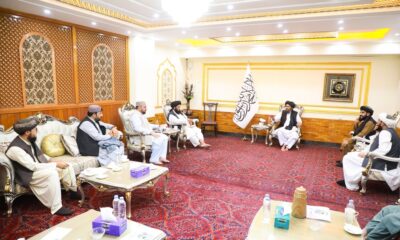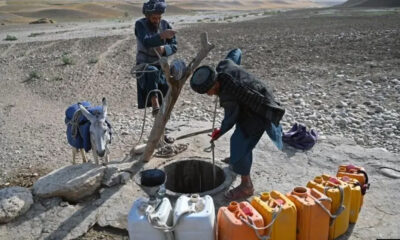Latest News
Israel’s new government begins, Netanyahu era ends
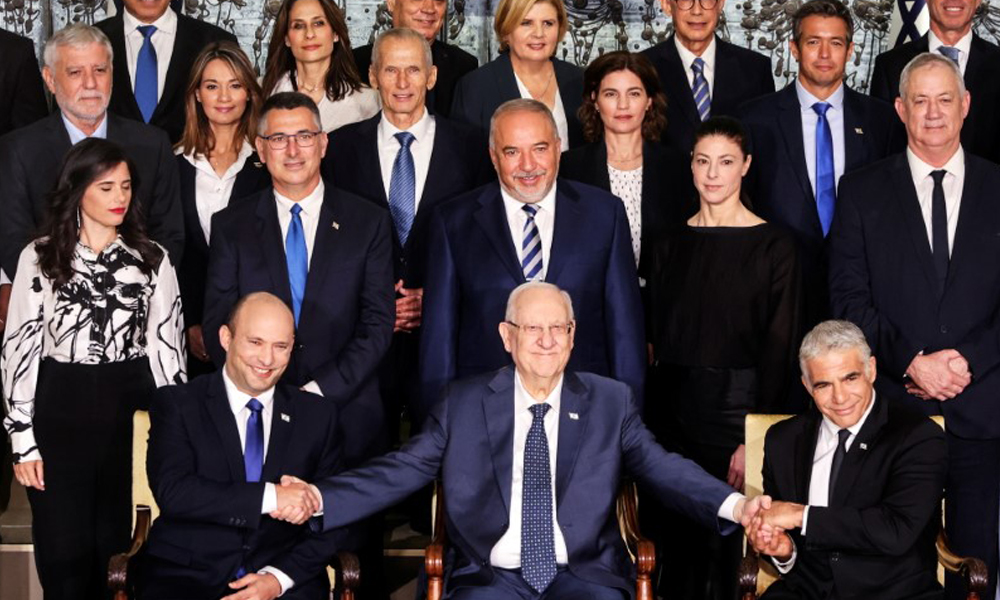
The first Israeli government in 12 years not led by Benjamin Netanyahu got down to business on Monday, with the former prime minister shying away from a handover ceremony with successor Naftali Bennett.
The right-wing leader’s record run in office ended on Sunday with parliament approving, by a razor-thin majority of 60-59, a new administration led by Bennett, a nationalist whose views mirror Netanyahu’s on many issues.
In Tel Aviv, thousands turned out to welcome the result, after four inconclusive elections in two years.
“I am here celebrating the end of an era in Israel,” said Erez Biezuner in Rabin Square.
“We want them to succeed and to unite us again,” he added, as flag-waving supporters of the new government sang and danced around him.
A combative Netanyahu, 71, said he would be back sooner than expected.
“If we are destined to go into the opposition, we will do so with our heads held high until we can topple it,” he told parliament before Bennett was sworn in.
The traditional handover ceremony was not scheduled at the prime minister’s office, where Netanyahu was expected to meet Bennett later on Monday to brief him on state matters.
The last time Netanyahu was unseated as Israel‘s leader, in 1999, he ended his first term in office with a glass of wine in his hand and affable words of welcome to then-Labour party leader Ehud Barak, who defeated him at the polls.
“Sour, grumpy, not stately – Trump-like until the final moment,” Yossi Verter, a political affairs commentator, wrote in the left-leaning Haaretz newspaper.
Asked why there would be no such scene now, Topaz Luk, a senior aide to Netanyahu, told Army Radio: “That’s just what happens.”
Netanyahu, he said, was “filled with motivation to topple this dangerous government as quickly as possible”. Luk declined to disclose Netanyahu’s comeback strategy, pointing only to the new administration’s slim margin of support in parliament.
Luk said the incoming government was receiving briefings from Netanyahu’s diplomatic and security advisers to ensure an orderly handover.
After holding its first meeting late on Sunday, Bennett’s new cabinet was invited for a traditional group photograph, showcasing incoming governments, at the official residence of President Reuven Rivlin.
With little in common other than a desire to unseat Netanyahu, the patchwork coalition of right-wing, centrist, left-wing and Arab parties largely plans to avoid sweeping moves on hot-button issues such as policy towards the Palestinians, and to focus instead on domestic reforms.
Palestinians were unmoved by the change of administration, predicting that Bennett, a former defence chief who advocates annexing parts of the occupied West Bank, would pursue the same right-wing agenda as Netanyahu.
Under the coalition deal, Bennett, a 49-year-old Orthodox Jew and high-tech millionaire, will be replaced as prime minister in 2023 by centrist Yair Lapid, 57, a popular former television host.
U.S. President Joe Biden congratulated Bennett and Lapid, saying he looked forward to strengthening the “close and enduring” relationship between the two countries.
Addressing parliament on Sunday, Bennett put Biden on notice that he would follow in Netanyahu’s footsteps in opposing any U.S. return to the 2015 Iran nuclear deal abrogated by former President Donald Trump.
Netanyahu was Israel‘s longest-serving leader, and had served consecutive terms as prime minister since 2009.
He used his global stature to resist calls for Palestinian statehood, describing it as a danger to Israel‘s security. He sought to bypass the Palestinian issue by forging diplomatic deals with regional Arab states, on the back of shared fears of Iran and its nuclear programme.
But he was a divisive figure at home and abroad, weakened by repeated failure to clinch a decisive election victory, and by a corruption trial in which he has denied any wrongdoing.
Latest News
Domestic investors eye $650 million investment in Hajigak iron mine
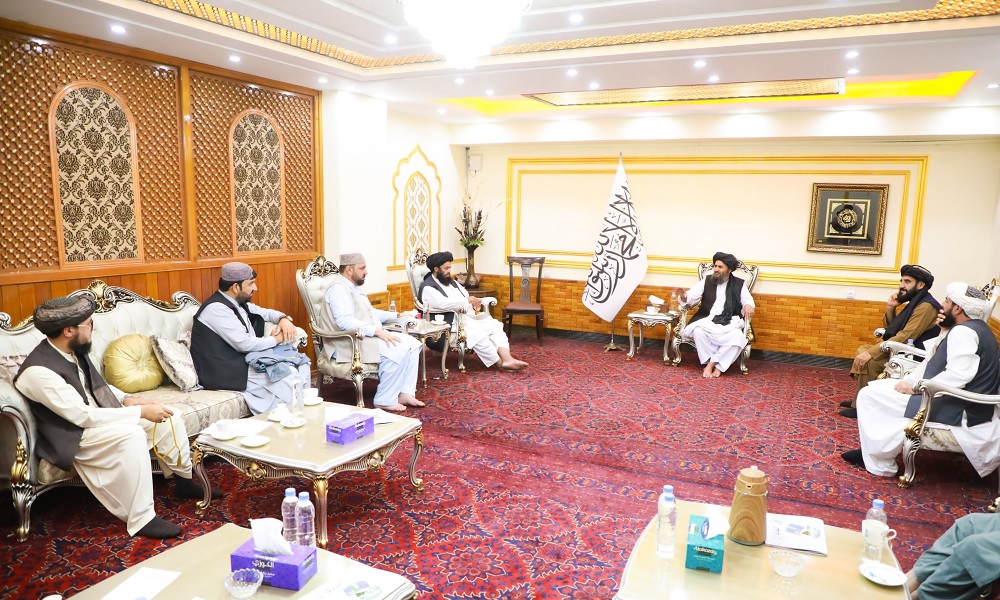
A number of domestic investors have announced plans to invest $650 million in three phases for the exploration and extraction of one of the blocks in the Hajigak iron mine.
The announcement was made during a meeting on Monday with Mullah Abdul Ghani Baradar, Deputy Prime Minister for Economic Affairs, who welcomed the initiative and reaffirmed the Islamic Emirate’s full support for such investments.
According to the investors, the project will be implemented in partnership with a foreign company and carried out using professional and modern mining standards. In addition to extraction, the plan includes the establishment of a sponge iron processing plant within Afghanistan, equipped with advanced technology and compliant with international standards.
The facility is expected to process up to 9,000 tons of sponge iron daily, converting it into steel billets to meet Afghanistan’s domestic demand for iron products. The project is also projected to create 6,000 direct jobs, contributing significantly to the local economy.
Mullah Baradar instructed the Ministry of Mines and Petroleum to collaborate closely with the investors and to regularly report on the project’s progress. He reiterated the government’s commitment to supporting initiatives that foster economic growth and self-reliance in the mining sector.
Latest News
Afghan energy minister leaves for international energy conference in Uzbekistan
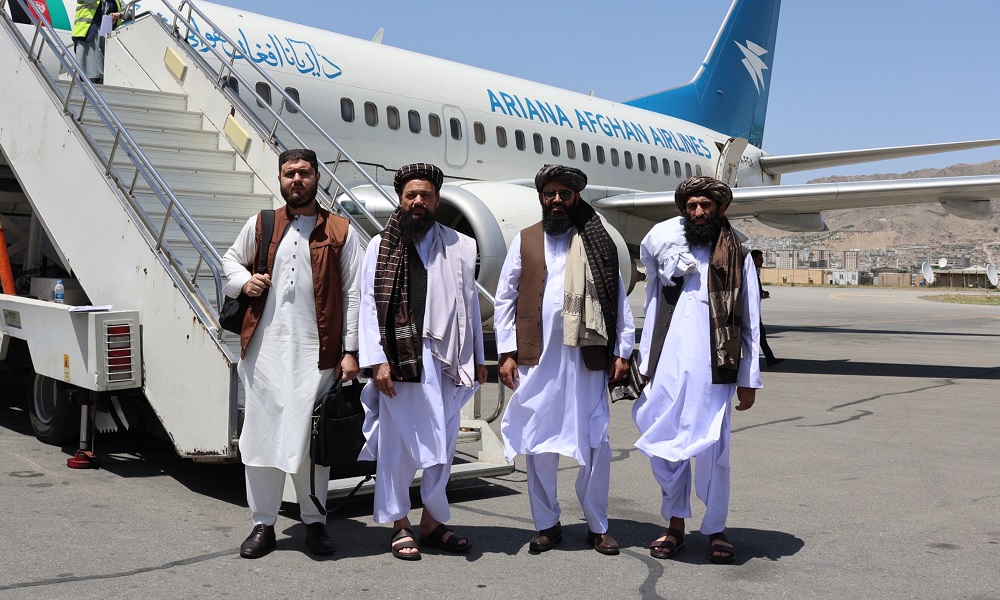
Acting Minister of Energy and Water Abdul Latif Mansoor has left Kabul for Tashkent to participate in the fifth Uzbekistan International Energy Conference.
The event is part of Energy Week of Uzbekistan 2025 that is focused on regional partnership for sustainable energy. It will be held from May 13 to 15.
The aim of the summit is to strengthen regional cooperation, attract investment in joint energy projects, exchange experiences and promote green technology, the Ministry of Energy and Water said in a statement.
During the conference, Mansoor is expected to emphasize expanding cooperation with regional countries, attracting foreign investment and using successful international experiences in the field of energy resource management, the statement said.
Representatives of regional countries, including Uzbekistan, Kazakhstan, Turkmenistan, Russia, as well as organizations s such as the International Atomic Energy Agency and the World Bank, are expected to attend the conference.
International Sports
IPL 2025: Update!
Indian media outlets reported that the BCCI has informed the ten IPL franchises to call back all their foreign players

The Indian Premier League (IPL) Governing Council will reportedly meet today, Monday, May 12, over the resumption of IPL 2025.
According to Cricbuzz, the Board of Control for Cricket in India (BCCI) might also announce the roadmap later in the day.
On Monday evening however, some Indian media outlets reported that the BCCI has informed the ten IPL franchises to call back all their foreign players, as a decision on the resumption of the 18th edition of the cash-rich league is coming soon.
However, no official announcement has yet been made by either the BCCI or the IPL council.
The last time the IPL was stopped midway through the tournament was during the COVID-19 pandemic. The IPL 2021 season, which kicked off in April, had to be suspended due to a national lockdown. The second half took place in the UAE later that year.
Speaking to local media after the decision to suspend the tournament Devajit Saikia said: “In the next few days, we will begin consultations with the franchises, broadcasters, sponsors and the state associations slated to host the remaining matches before crystallizing a decision on the league’s resumption.
“Given the importance of IPL at this juncture, it will also be prudent and necessary to take the nod of the Government of India before finalising the time for its restart.”
The board made the decision a day after calling off the Punjab Kings-Delhi Capitals match in Dharamsala due to security concerns.
The suspension however will have a stark impact on foreign players. Already a number of them have indicated that its unlikely that they will feature in the remaining games of the season.
Among those are Australian pacers Mitchell Starc and Josh Hazlewood.
Both players have already returned to Australia, and their participation in the remaining 12 league matches and the playoffs – if their franchises qualify – remains doubtful.
Australia captain Pat Cummins, Starc and Hazlewood’s colleague in the pace department, might not enjoy that luxury as he captains Sunrisers Hyderabad and his availability is crucial for the franchise.
While tensions have eased between New Delhi and Islamabad after the two countries agreed to a ceasefire on Saturday, India’s government is expected to wait for a few more days before giving the BCCI the go-ahead to resume the tournament.
-

 Regional5 days ago
Regional5 days agoIndia dismisses report of Pakistan downing jets as “disinformation”
-

 Sport4 days ago
Sport4 days agoAriana Television to broadcast 4th edition of Afghanistan Futsal Premier League
-
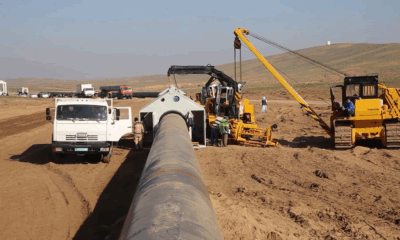
 Latest News4 days ago
Latest News4 days agoTAPI pipeline to reach Herat by end of 2025: Ministry
-

 Latest News4 days ago
Latest News4 days agoNearly one-third grapple with hunger in Afghanistan: WFP
-

 Sport4 days ago
Sport4 days agoIPL 2025: Dharamsala match abandoned due to security concerns
-
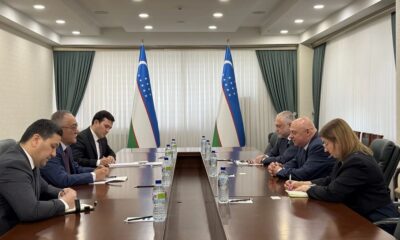
 Latest News5 days ago
Latest News5 days agoUzbekistan, Poland discuss cooperation over Afghanistan
-

 Regional4 days ago
Regional4 days agoIndia says military stations attacked by Pakistan drones and missiles
-

 Latest News4 days ago
Latest News4 days agoOne dead, dozens injured as powerful storm strikes Jalalabad, Afghanistan




